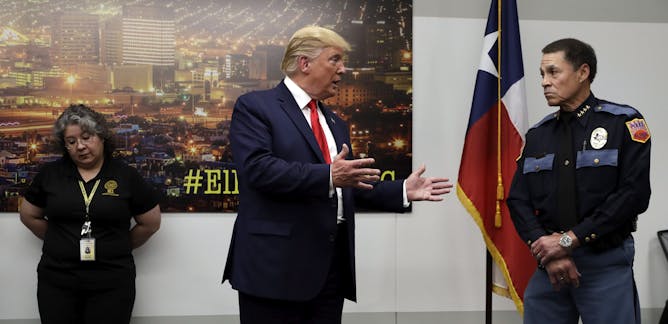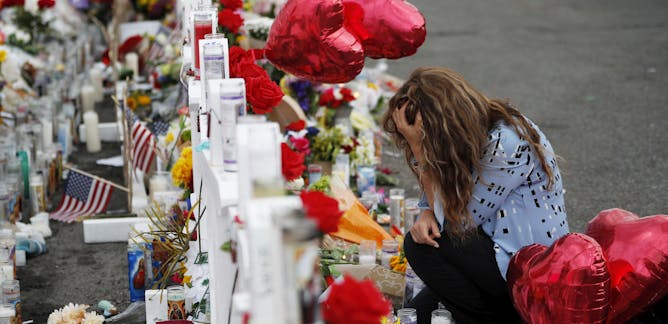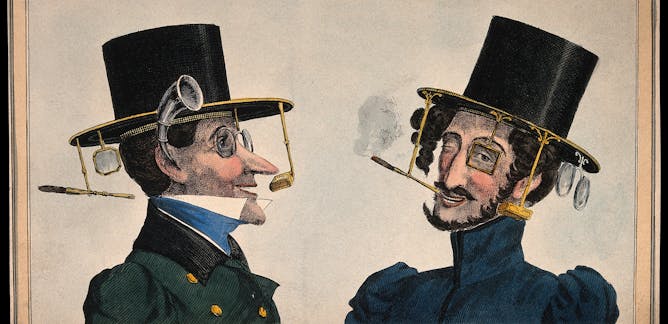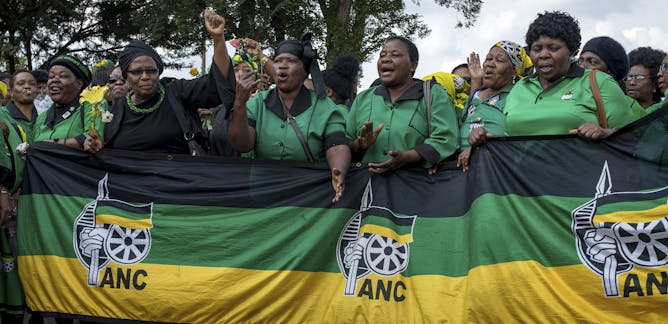|
In the aftermath of a terrible week of mass shootings and the discovery in northern Manitoba that two wanted killers had been found dead, mainstream media has been full of theories about what drives people to do evil things. From around the global network of The Conversation, here are a few research-based articles that will give you better insight into those tragedies -- as well as some other important issues from around the world.
But, there's hope for today's society. Apparently we smell better than our ancestors....
Have a great weekend and we'll be back in your Inbox on Monday.
|
Weekend Reads
|

Richard Lachman, Ryerson University
Stop blaming video games for violent acts, a digital culture expert says. Instead, look to the link with public health to help us deal with a complicated culture of violence.
| |

R. Blake Brown, Saint Mary’s University
The relationship between guns and masculinity was once sanctioned by governments and businesses, making it entrenched and difficult to challenge.
|

Marc A Zimmerman, University of Michigan; Patrick Carter, University of Michigan; Rebecca Cunningham, University of Michigan
Firearms are the second leading cause of death among US children and adolescents.
| |

Arie Perliger, University of Massachusetts Lowell
Major changes in the language of white supremacists have happened in the last decade that provide a window into how the groups mobilize support, shape political perceptions and advance their cause.
|

Arash Javanbakht, Wayne State University
In the wake of yet more mass murders, people want answers. Some questions that arise about the tragedies relate to mental illness. A psychiatrist answers three here.
| |

Mark Howden, Australian National University
The world has no hope of reaching the goals of the Paris Agreement without seriously reducing emissions from agriculture, forestry and land clearing.
|

William Tullett, Anglia Ruskin University
The history of smell in 18th-century England reveals the complex story of scent and personal space.
| |

Amanda Gouws, Stellenbosch University
Women were able to pursue an impressive feminist agenda as South Africa made its transition to democracy. But 25 years later there's not a lot left of the early victories.
|
|
|